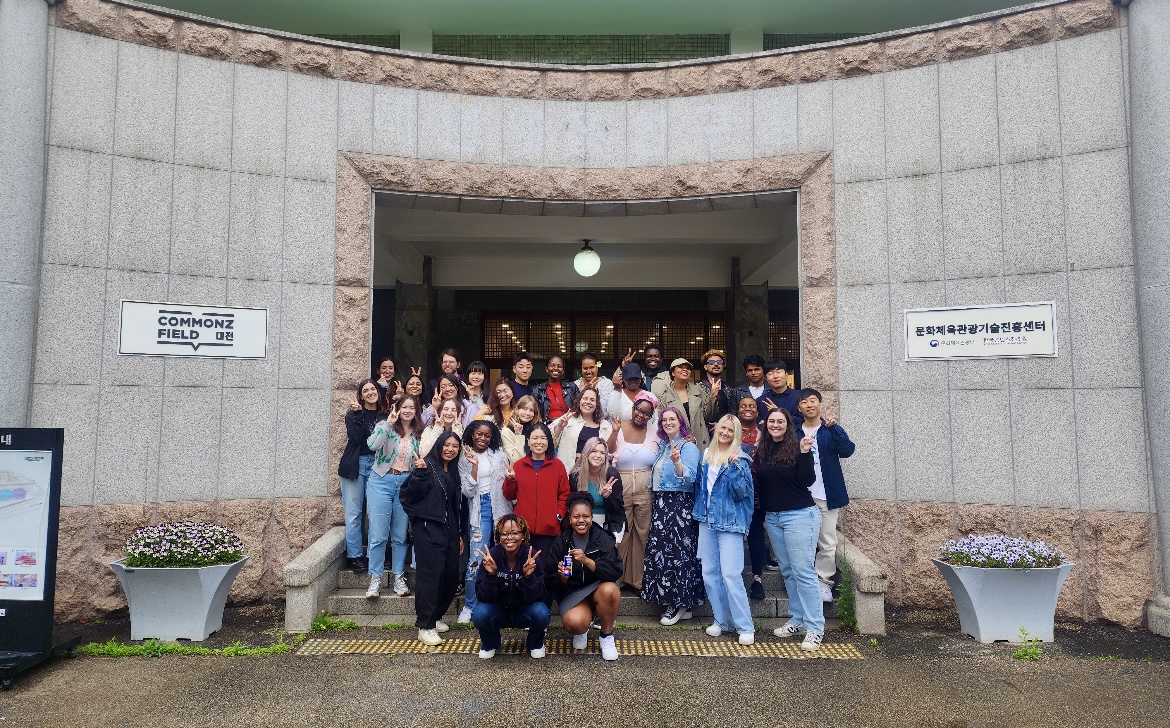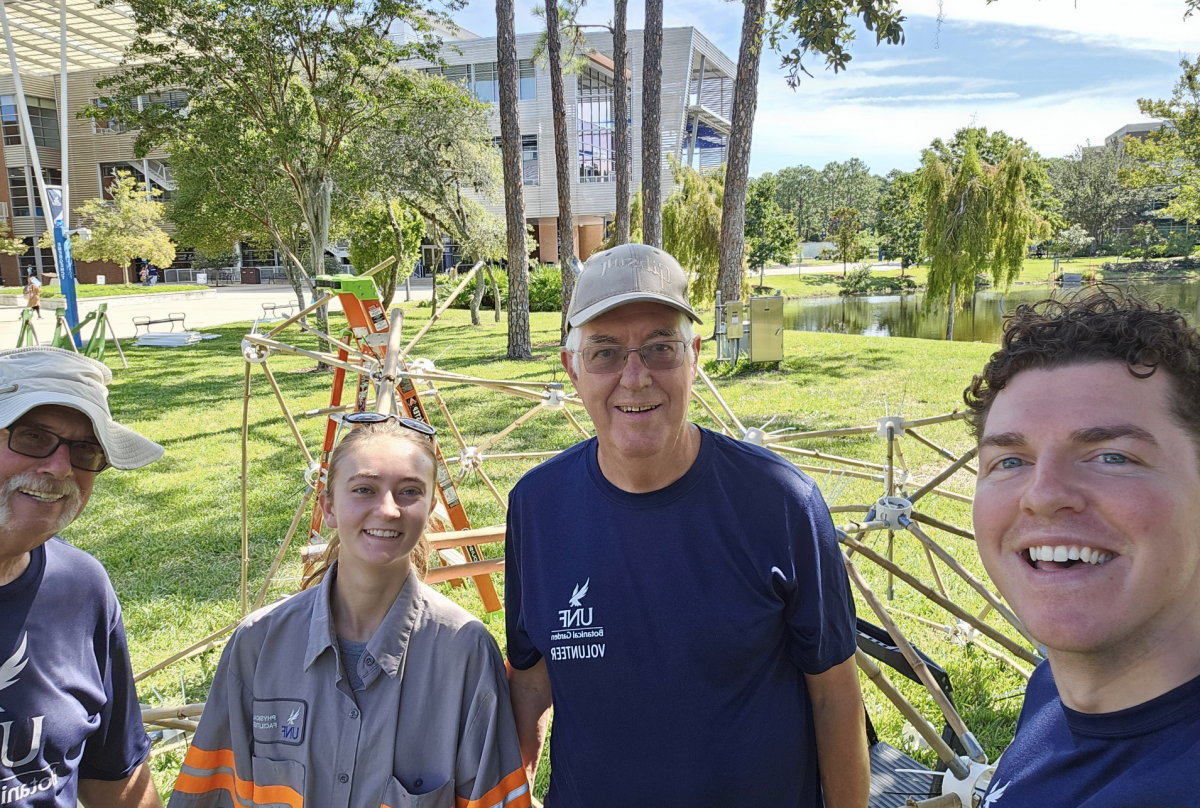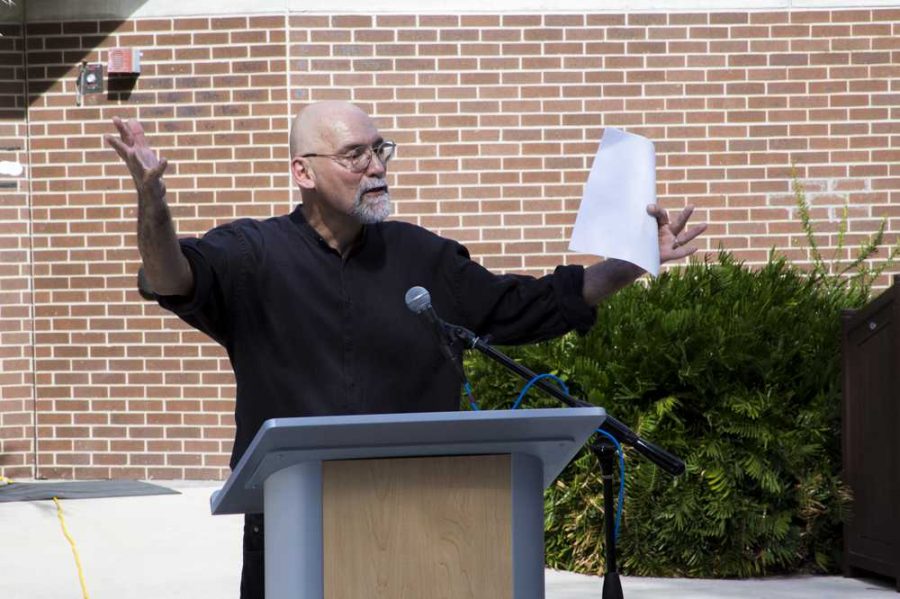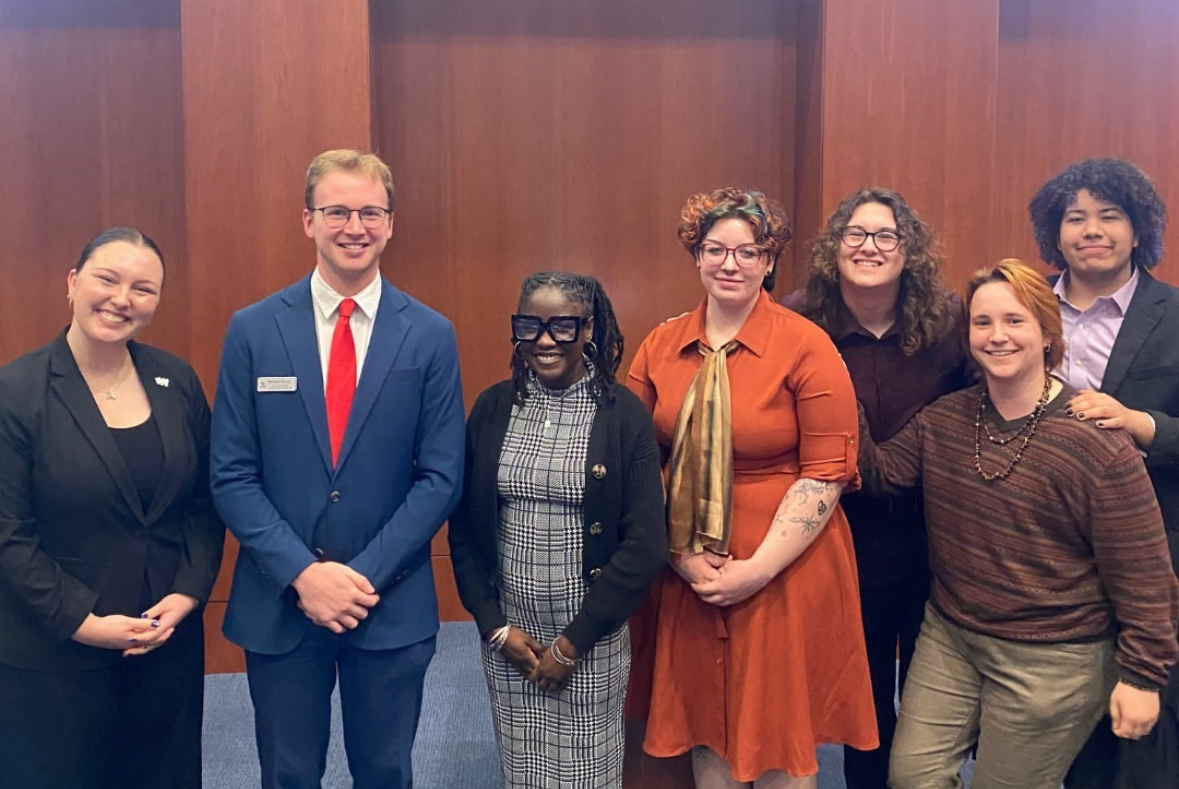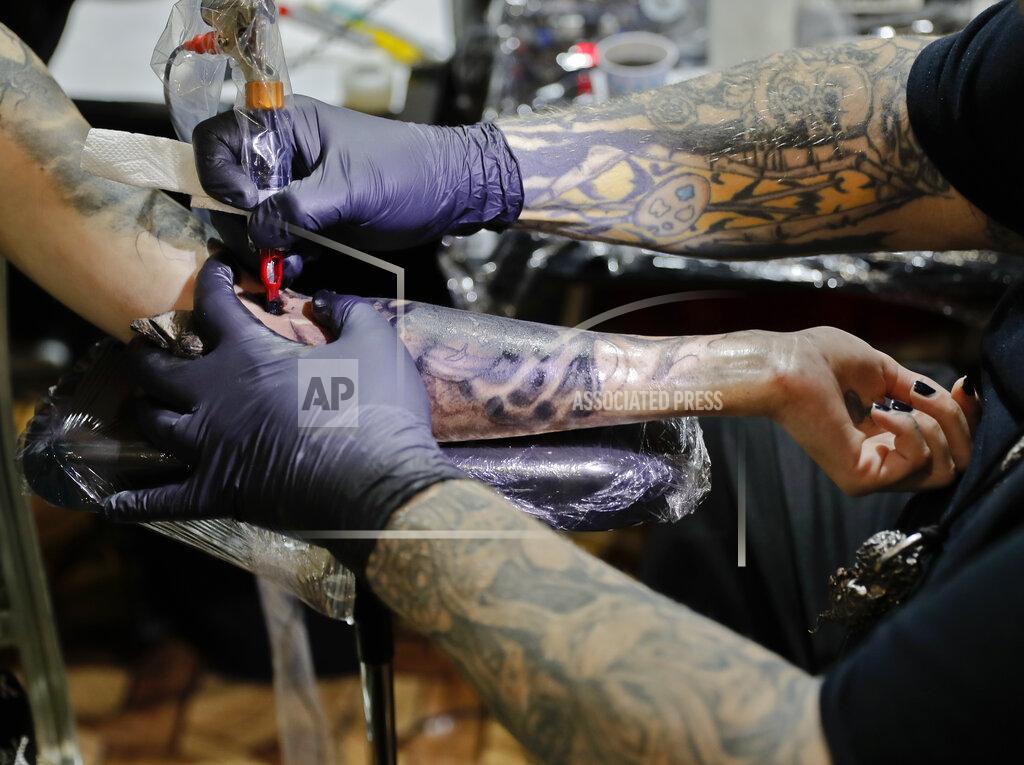The UNF Adaptive Toy Project cruises forward with more federal funding to continue the project that creates toys that help children learn more about their world.
The National Institutes of Health awarded a grant of more than $85,000 to the team of professors in the engineering and clinical and applied movement sciences departments at the University of North Florida.
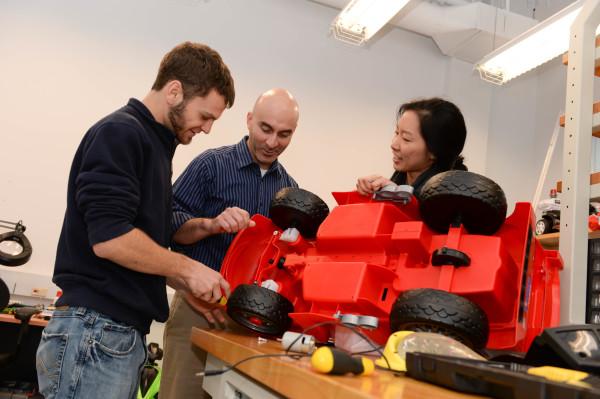
The project started in 2014 after a few students returned from internships and noticed that some children in the Jacksonville community didn’t have access to affordable and adaptive toys.
“The idea for the project came from some of our physical therapy graduate students working in the field who recognized that young children with disabilities needed more opportunities for play during the critical years of cognitive development,” said physical therapy assistant Professor Dr. Mary Lundy in a press release.
The funding will aid the project to continue building toys for these children. Over the next five years, Drs. Juan Aceros and Mary Lundy will receive funding of $85,326 for their GoBabyGo adaptive toy initiative.
Already, the team of professors and students have completed their second year of the project and have provided toys for children. Just last year, engineering and physical therapy students banded together to design toy cars for children with developmental disabilities.
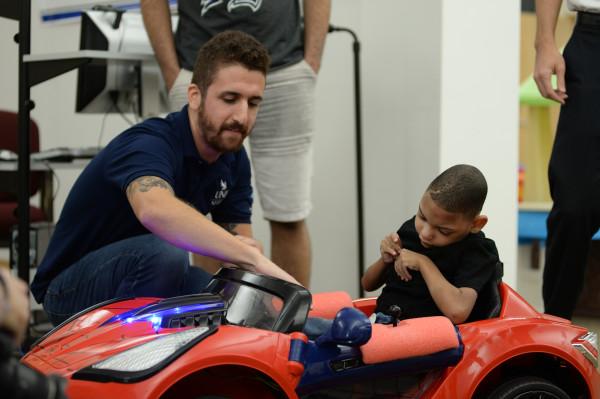
During that semester, engineering and physical therapy students constructed toys cars for children that were altered and adjusted to the child’s disabilities. They created a fiery red car for Maddex, a 5-year-old boy with cerebral palsy and visual impairment. Maddex’s has limited movement is in his left hand, so students added a joystick on one side so he could easily drive the miniture vehicle.
Dr. Juan Aceros, engineering assistant professor and cofounder of the project, commented that there is a huge demand for the toys. These toys, like Maddex’s cherry red car, are loaned to children in Northeast Florida who will keep the toys until they outgrow outgrow them. The students work with therapists from local health care organizations, such as Brooks Rehabilitation, Wolfson’s Children’s Hospital and Duval County Public Schools to get the toys to children who can benefit from them.
A significant bonus for students is the increased appreciation working with other students of multiple disciplines as they collaborate with each other to fulfill a need on the community.
“It’s a win-win for everyone involved,” said Aceros. “While the children get a toy that will benefit them, the hands-on learning experience is valuable to both the engineering and physical therapy students.”
—
For more information or news tips, or if you see an error in this story or have any compliments or concerns, contactmanagingeditor@unfspinnaker.com.







